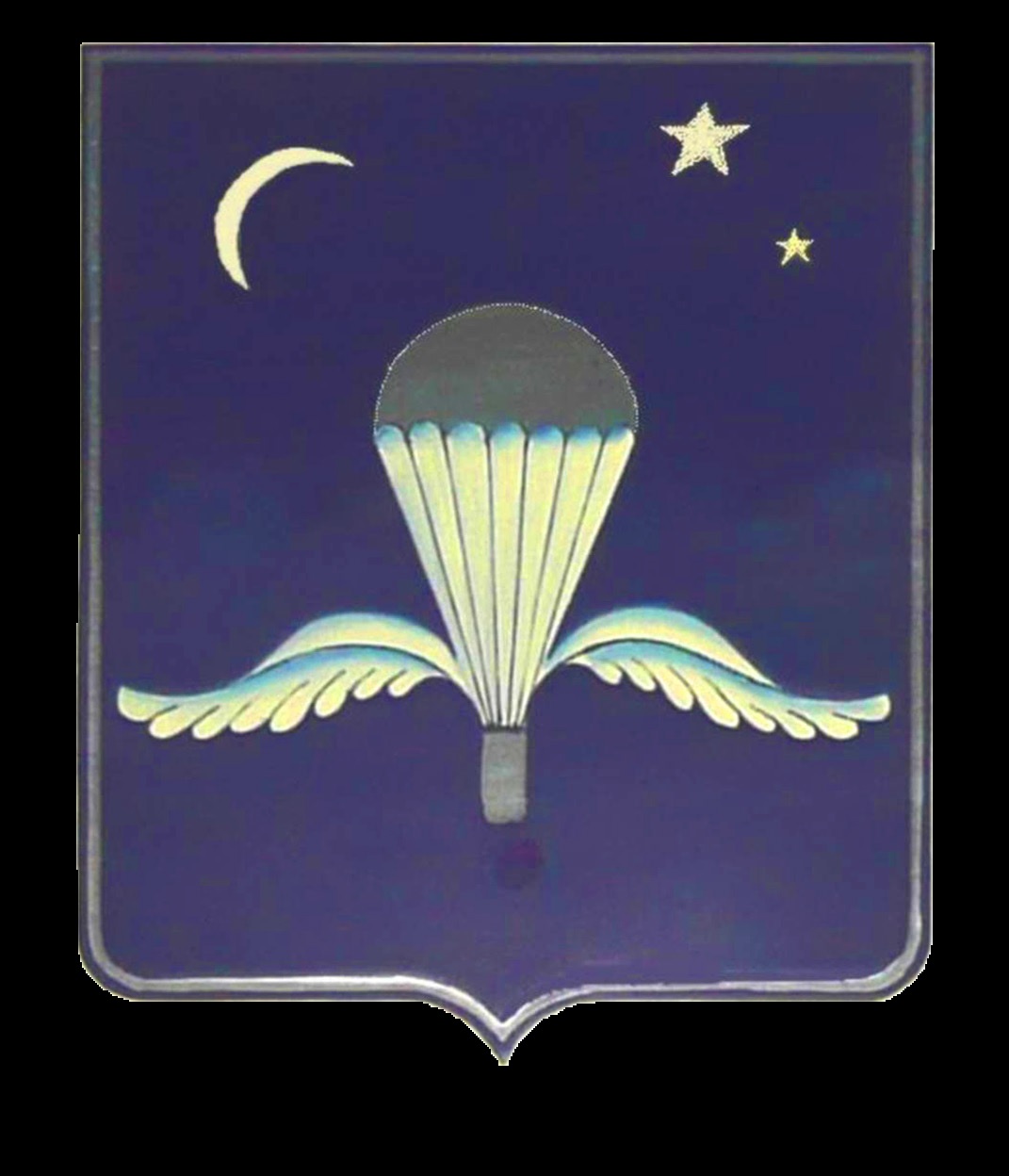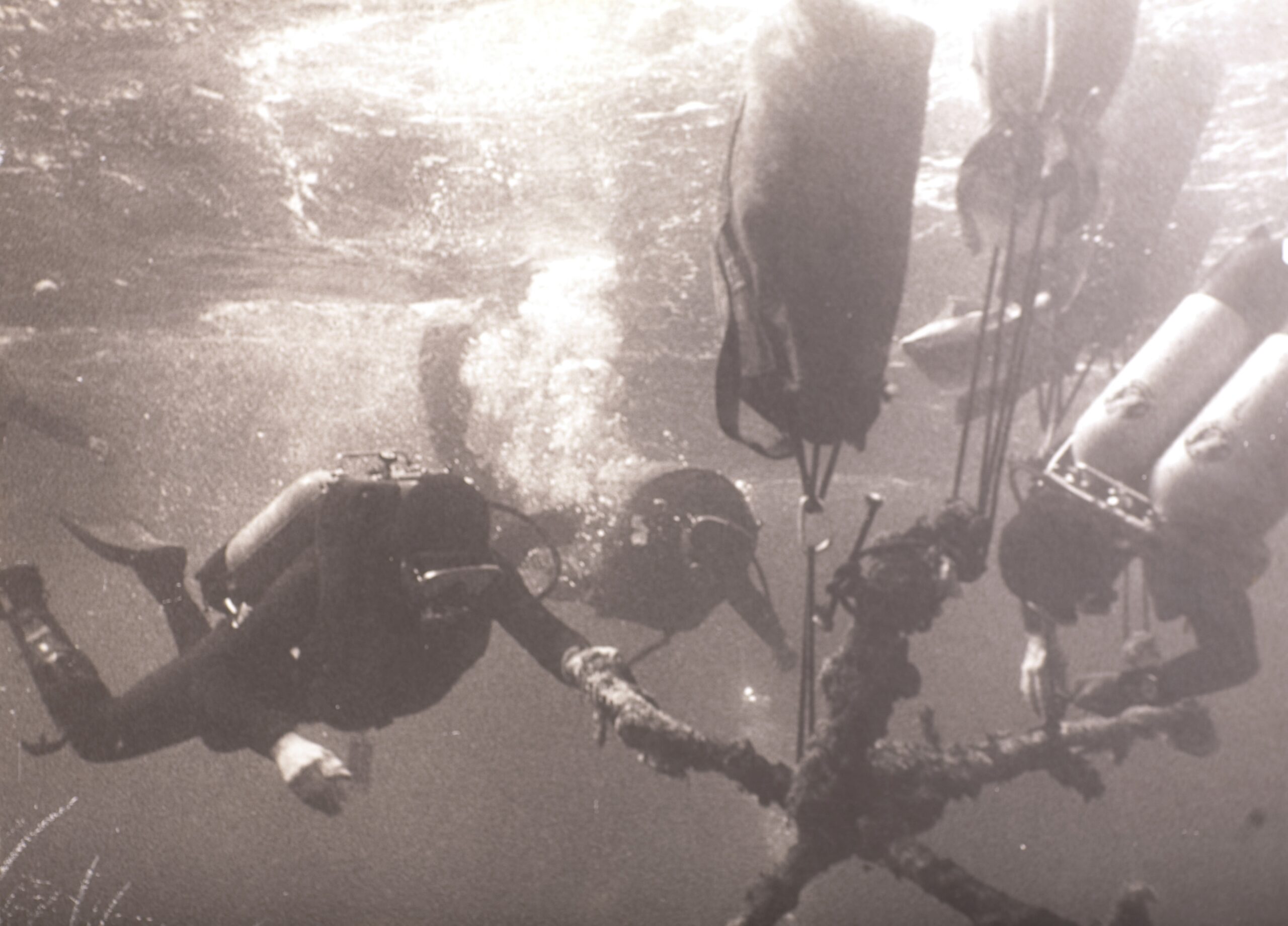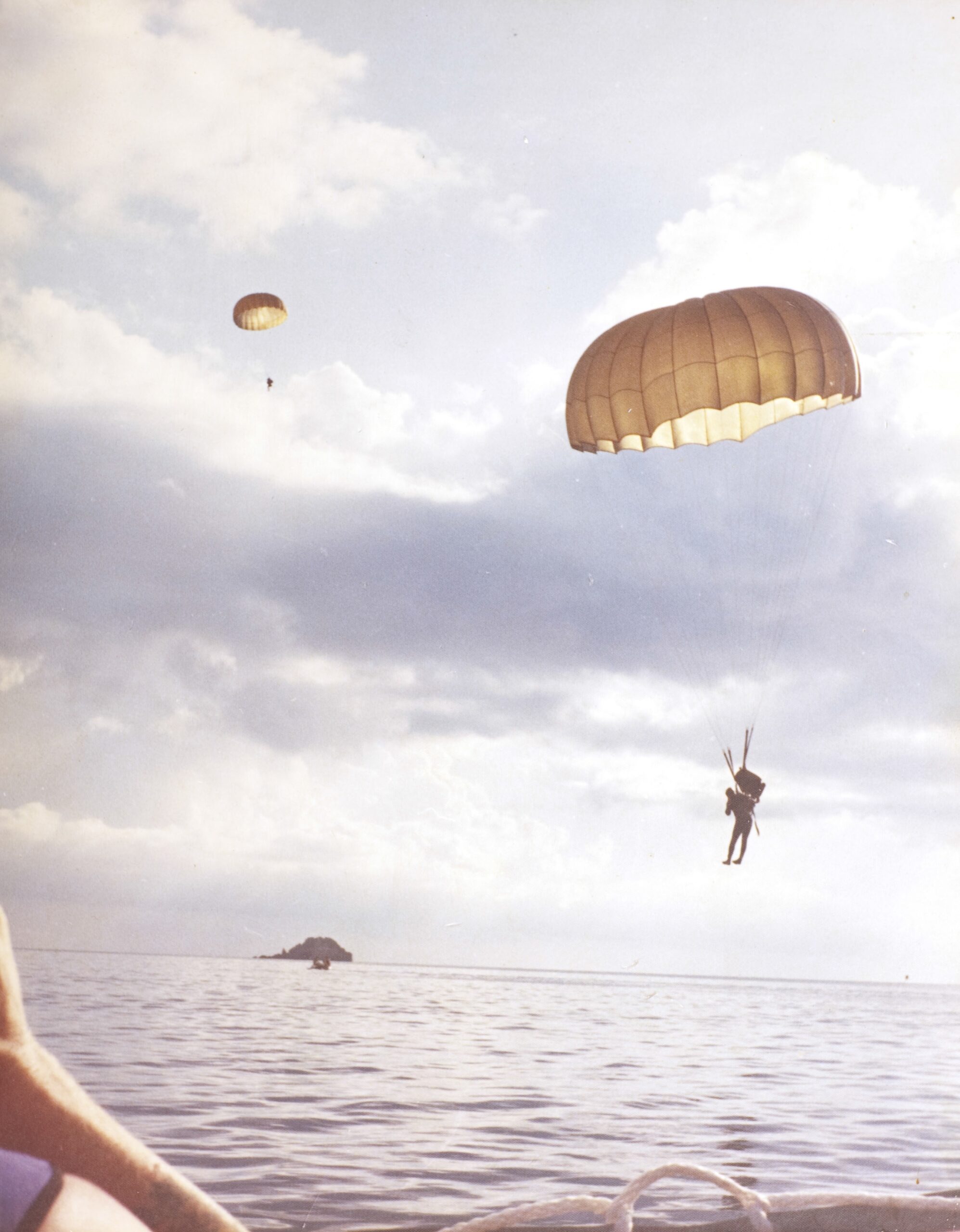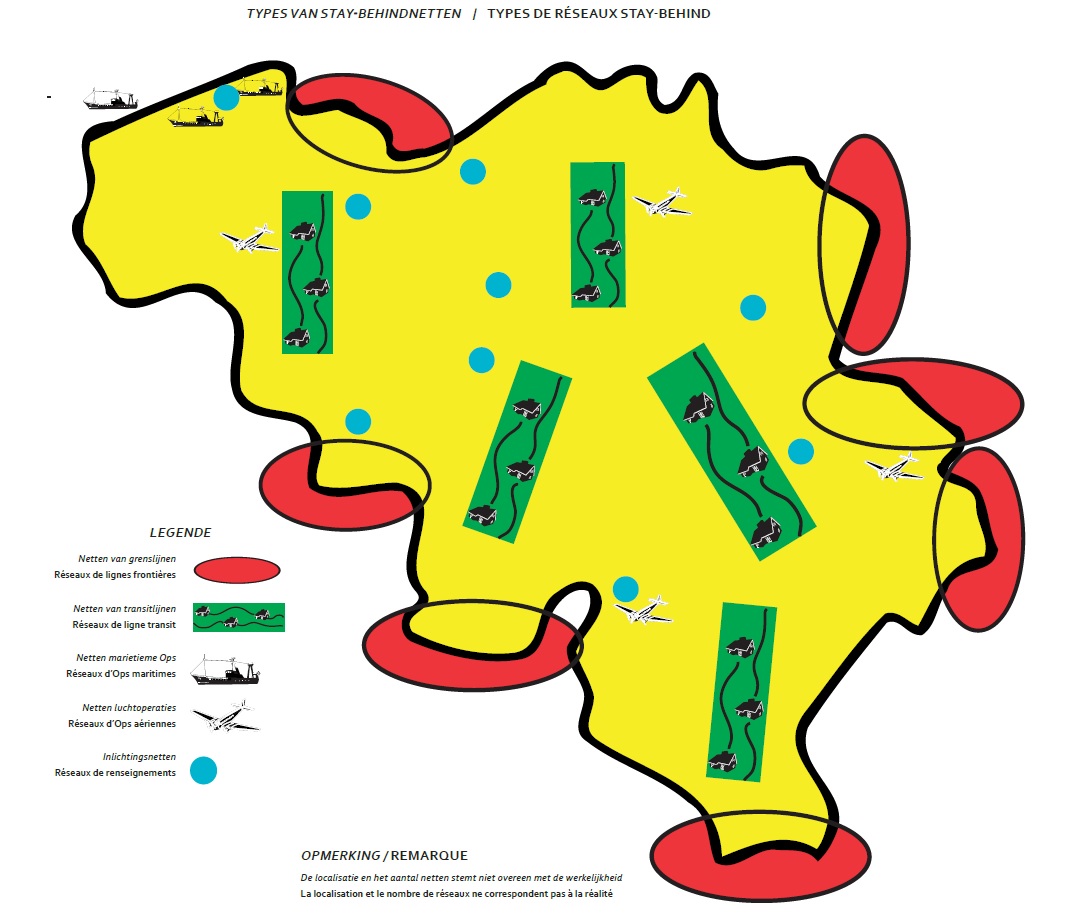| Previous page | Back to exhibition’s homepage | Next page |
 | SDRA VIII – STAY BEHIND |
| Contents: 1. Introduction 2. Missions 3. Recruiting 4. Training 5. The action section |
|
|
|
| After the Second World War, the “Service de Documentation de Renseignement et d'Action VIII” becomes (SDRA VIII) set up. | After the Second World War, the “Intelligence and Action Documentation Service VIII” (SDRA VIII) was established. | After the Second World War, the Intelligence and Action Documentation Service VIII (SDRA VIII) is founded. |
| This stay-behind network should ensure that, in the event of an armed conflict and occupation of Belgian territory, the Belgian government can move to a safe haven and remain in contact with those left behind. | In the event of an armed conflict and the occupation of Belgian territory, this stay-behind network had to enable the Belgian government to evacuate to a safe haven and to maintain contact with those who stayed behind. | In the event of armed conflict and occupation of Belgian territory, this “stay-behind” network must ensure that the Belgian government can go into exile in a safe place and maintain contact with those remaining in the country. |
| At the end of World War II, intelligence networks faced many problems: traitors, few or untrained officers and many victims. | At the end of the Second World War, the intelligence networks faced numerous problems: traitors, little or not trained agents, and many victims. | After the Second World War, intelligence networks face many problems : traitors, agents with little or no training and number of victims. |
| Already 1945 the threat of a new conflict becomes increasingly real and the first signs of the Cold War become visible with the Prague Coup (February 1948) and the Berlin Blockade (March 1948-May 1949). | After 1945, a new conflict threatened to materialise and the early stages of the Cold War became apparent, as illustrated by the Czech Coup (February 1948) and the Berlin Blockade (March 1948-May 1949). | After 1945, the threat of a new conflict is increasingly materializing, and the beginnings of the cold war appear, as evidenced by the Prague Coup (february 1948) and the Berlin Blockade (mars 1948-may 1949). |
| In January 1949 Prime Minister Spaak receives a letter from the head of the British Secret Intelligence Service, Stewart Menzies, asking them to work together to establish a resistance- and spy network. Spaak sets the condition that the United States of America be involved in the project: “It would be highly desirable for the three services to work closely together... I believe that it is therefore essential that negotiations take place at the highest level between London and Washington to settle that issue”. | In January 1949, Prime Minister Paul-Henri Spaak received a letter from the head of the British Secret Intelligence Service, Stewart Menzies, who asked him to collaborate in the creation of a resistance and spy network. Spaak set the condition that the USA should take part in the project: “It would be very desirable that the three services work closely together… I therefore deem vital that negotiations are conducted at the highest level between London and Washington in order to address the issue.” | In January 1949, Prime Minister Paul-Henri Spaak receives a letter from the head of the British secret service, Stewart Menzies, who asks him to collaborate in the creation of a resistance and espionage network. Spaak sets US participation as a condition. “It would be more than desirable for the three services to work in close collaboration... I believe that it is therefore essential that negotiations be carried out at the highest level between London and Washington in order to resolve the issue. » |
| The first steps towards the establishment of a Belgian stay-behind network have been taken and the original assignments are being recorded. | The first steps to the establishment of a Belgian stay-behind network were made and the initial missions were determined. | The first milestones in the creation of a Belgian stay-behind network have therefore been laid and the first missions are defined. |
Assignments | Missions | Tasks |
| The original assignments are: – gather intelligence (operational clandestine intelligence): some officers are tasked in peacetime to prepare certain intelligence. This often concerns information regarding the economic situation. – escape and evasion: other agents are responsible for evacuating downed pilots and friendly agents who have been betrayed. – “action”: sabotage of military objectives, organizing the resistance. – contra-information. | The original missions of SDRA VIII consisted in: – intelligence collection (operational clandestine intelligence) : in peacetime, some agents had to prepare intelligence. It mainly concerned information pertaining to the economic situation. – escape-and-evasion tasks: some agents were responsible for the exfiltration of shot-down pilots and betrayed agents. – actions: sabotage of military objectives, organization of the resistance, etc. – counter-information. | Initially, the tasks of SDRA VIII consisted of : – collecting information (operational clandestine intelligence) : in peacetime, certain officers were required to document specific information. This was mainly information concerning the economic situation. – so-called “escape and evasion” missions : agents were responsible for the exfiltration of downed pilots and unmasked agents. – specific actions : sabotage of military objectives, resistance organization, etc. – counter-information. |
| From 1959 the missions are adjusted. The "action" missions are no longer carried out and the emphasis is on gathering intelligence. | As from 1959, the missions of SDRA VIII were modified. Action missions were abandoned in order to focus on intelligence collection. | Of the 1959, the tasks of SDRA VIII are modified. The service no longer carries out “action” type missions and focuses on intelligence collection. |
Recruitment | Recruiting | Recruitment |
| The persons eligible as agents must be of impeccable conduct. Preference is given to persons of approx 40 years with a permanent job. Recruitment officers also seek to identify discreet candidates with strong national sentiment and must not be affiliated with any political organization. | The future agents must demonstrate irreproachable behaviour. They are preferably people aged about 40 who have stable employment. The recruiting officers also try to pinpoint candidates with a strong national sentiment who are not affiliated with a political organisation. | Candidates for the position of agent must demonstrate irreproachable behavior. These are preferably people of around 40 years with stable employment. Recruitment officers also try to spot discreet candidates, with a deep national feeling, and who are not members of a political organization. |
| The recruitment of an agent is done on a voluntary basis. No agreement is signed and no financial compensation is awarded. The basis is trust. The officers only have contact with their instructor and operate in almost total anonymity. | The recruitment of an agent occurs on a voluntary basis. No contract is signed and no financial compensation is granted. The relations are based on trust. The agents have contacts only with their instructor. They operate in almost total anonymity. | The recruitment of an agent is done on a voluntary basis. No contract is signed and no monetary compensation is awarded. It's all based on trust. Agents only maintain contact with their instructor. They operate in almost total anonymity. |
| The agents can decide to leave the network at any time. | The agents can decide to leave the network anytime. | Anytime, agents can decide to leave the network. |
Course | Training | Formation |
| The agents receive training aimed at their task in the event of a possible occupation of the country. This may include gathering and passing on information to the Belgian government in exile or receiving and evacuating people (‘escape and evasion’). They also receive general training in intelligence work (the safety principles and procedures), and tracking down and shaking off pursuers. The training is done individually, the candidates have no contact with each other. | The agents’ training focuses on their tasks in the event of the occupation of the country. Their missions can be related to the collection and transmission of intelligence to the Belgian government-in-exile, or to the exfiltration of persons (escape and evasion). Moreover, they receive general training in tradecraft (security principles and procedures), and methods to identify and shake off tails. The training is individual; the candidates have no contacts with each other. | The training of agents emphasizes their tasks in the event of occupation of the territory. This may involve the collection and transmission of intelligence to the Belgian government in exile or the care and exfiltration of people (escape and evasion). Moreover, they receive general training focused on intelligence techniques (safety principles and procedures), as well as how to spot and outrun pursuers. The training takes place individually ; the candidates have no contact with each other. |
The action section | The action section | The action section |
| With any network that has to operate in secret, is a cover (of cover) extremely important. A cover-up ensures that the true nature of someone or something remains hidden from outsiders. | Each network that operates confidentially absolutely needs a cover. A cover allows to hide the true identity of an individual or the true nature of an object from outsiders. | Every network that operates in confidentiality must at all costs work undercover. This cover allows the true identity of a person or the true nature of a thing to be hidden from the uninitiated.. |
| SDRA VIII staff uses the name “Action Section” as a cover for their network. | The SDRA VIII personnel uses the cover “ Action section” to talk about their network. | Therefore, SDRA VIII staff use the name “Action section” to talk about their network. |
| Under the cover of a section charged with special assignments in case of conflict, they can perform their exercises and training without arousing suspicion. The training and exercises include:. from combat swimming, night parachute jumps and dropping personnel and equipment behind enemy lines. During the exercises they work closely with units of the Belgian Army, such as the Para-Commando regiment, and they can use the logistical support and know-how of Belgian units without being exposed. Even the staff of SGR does not know the true nature of this section. | Under the cover of a section that is responsible for special missions in case of conflict, they can carry out their exercises and training without arousing suspicion. The training consists of combat swim, night parachute jumps, and air drops of personnel and material behind enemy lines. During the exercises, they closely work with other units of the Belgian Army, for instance with the Para-Commando Regiment, and can use the logistical assistance and know-how of Belgian units without getting exposed. Even the SGR personnel ignore the true nature of this section. | Under the cover of a section responsible for special operations in the event of conflict, they can carry out their exercises and training without arousing suspicion. The training consists of combat swimming, night airdrops and dropping of personnel and equipment behind enemy lines. During exercises, they work in close collaboration with other units of the Belgian Army, for example with the Para-Commando Regiment, and can use the support and logistical know-how of Belgian units without being unmasked. Even SGR staff do not know the true nature of this section. |
| The training courses also take place internationally under the cover of an international exercise. | At international level, the training also takes place under the cover of an international exercise. | On an international scale, training also takes place under the cover of an international exercise. |
 |  |
| Previous page | Back to exhibition’s homepage | Next page |
